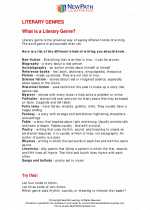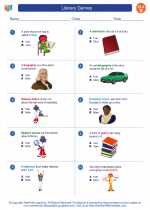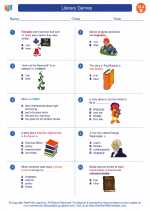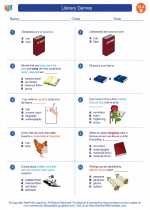Fiction
Fiction is a type of literature that is based on imaginary or made-up events and characters. It includes novels, short stories, and plays that are not based on real people or events. Writers use their creativity and imagination to develop fictional stories that entertain, inspire, and provoke thought.
Elements of Fiction
Understanding the elements of fiction is crucial for comprehending and analyzing fictional texts. The main elements of fiction include:
- Plot: The sequence of events that make up the story.
- Characters: The people, animals, or creatures who participate in the story.
- Setting: The time and place in which the story takes place.
- Conflict: The struggle or problem that drives the plot.
- Theme: The central idea or message of the story.
- Point of View: The perspective from which the story is told.
- Style and Tone: The author's writing style and the emotional quality of the story.
Types of Fiction
There are several types of fiction, including:
- Realistic Fiction: Stories that could happen in real life, with characters who seem like real people.
- Fantasy: Stories that include magical or supernatural elements that do not exist in the real world.
- Science Fiction: Stories that are based on imagined scientific or technological advancements and often take place in the future or outer space.
- Mystery: Stories that involve solving a crime or unraveling a secret.
- Historical Fiction: Stories that are set in the past and often incorporate real historical events and figures.
Reading and Analyzing Fiction
When reading fiction, it's important to engage in active reading and critical thinking. Here are some strategies for analyzing fiction:
- Close Reading: Paying attention to details in the text, such as word choice, imagery, and symbolism.
- Character Analysis: Examining the traits, motivations, and development of the characters in the story.
- Identifying Themes: Exploring the central ideas and messages conveyed by the story.
- Considering Point of View: Reflecting on how the story might be different if it were told from a different perspective.
- Relating to the Text: Connecting the events and emotions in the story to personal experiences or universal human experiences.
Conclusion
Studying fiction enhances reading comprehension, empathy, and critical thinking skills. By exploring the elements and types of fiction, readers can gain a deeper appreciation for the power of storytelling and the human imagination.
[Fiction] Related Worksheets and Study Guides:
.◂English Language Arts Worksheets and Study Guides Second Grade. Literary Genres

 Worksheet/Answer key
Worksheet/Answer key
 Worksheet/Answer key
Worksheet/Answer key
 Worksheet/Answer key
Worksheet/Answer key
